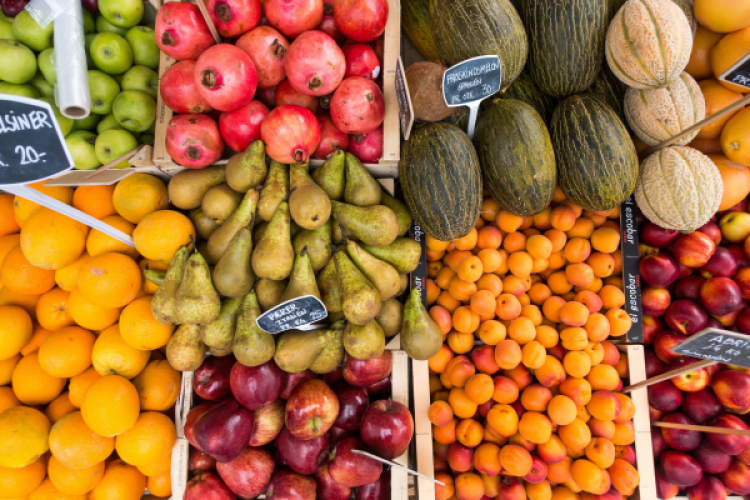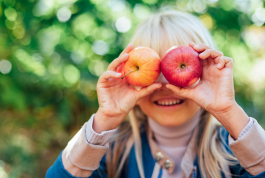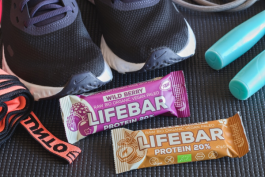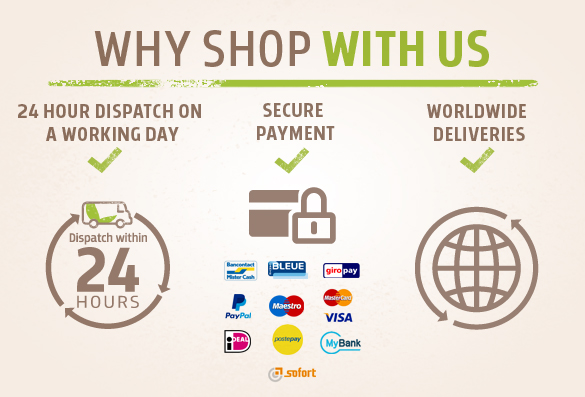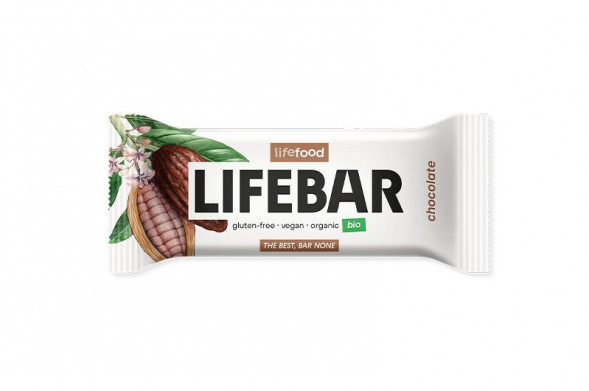Off to the bin - or not?
Who is familiar with this scenario - you prepare a big salad, make a delicious cake for the weekend or buy more food than is actually needed. What do all three points have in common? That's right - food that may not be used in the near future is likely to be thrown away. But there are alternatives to counteract the "disposable society" and, just like that, this may even benefit your wallet as well. We are going to show you how!
The best before date
Every kind of food actually has a best before date or expiration date. The former does not mean that it should find its way into the bin immediately on that stated day. The date is only indicative - depending on the storage conditions, the product can be enjoyed for a long time beyond that stated date. Well-sealed nuts and seeds do not go off the next day, and high-quality, raw oils continue to do their job for a long time past that date.
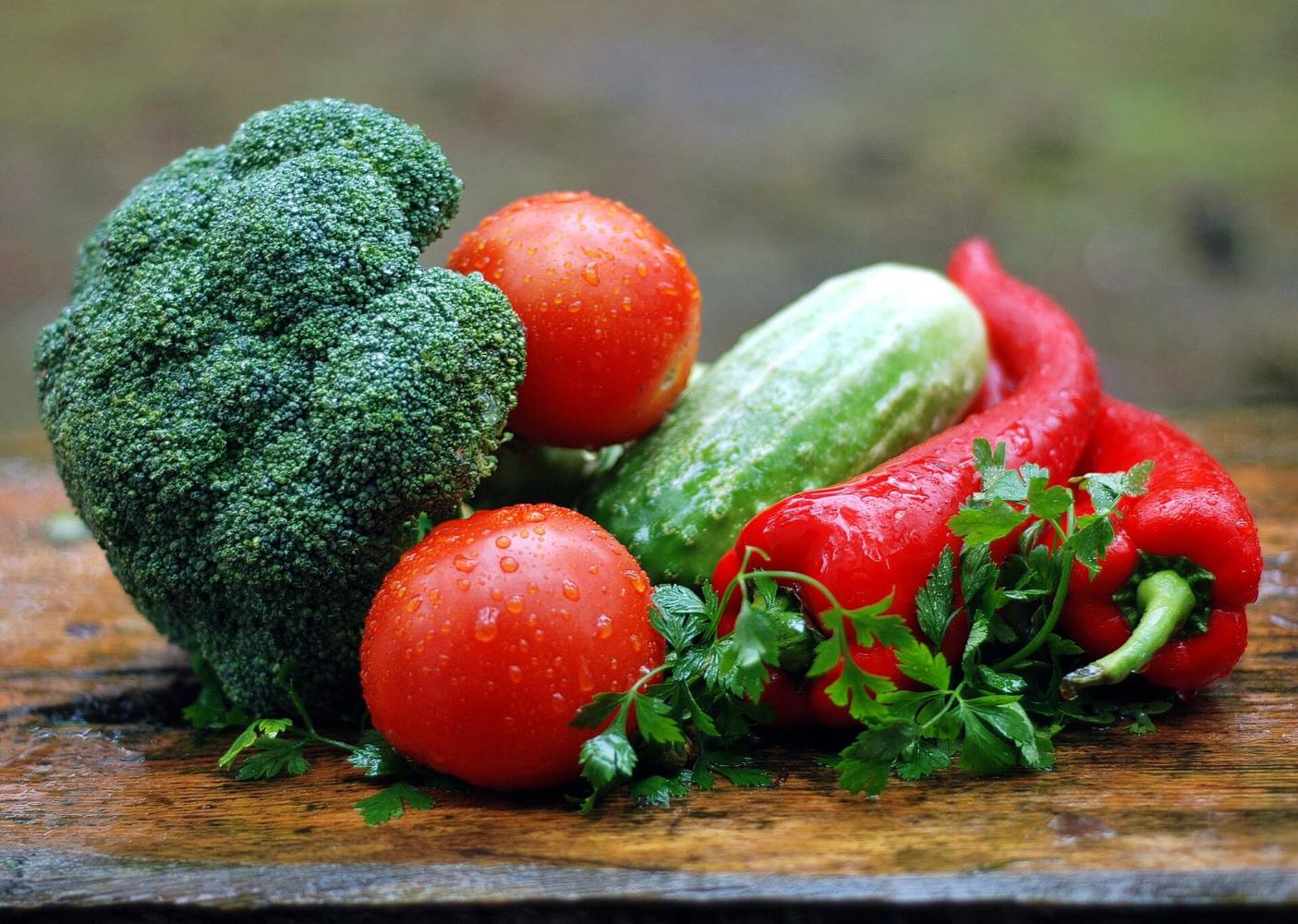
We just need to take a closer look at the product itself and to avoid throwing it into the bin right away. This simple behaviour would avoid the unnecessary discarding of delicious, and sometimes still fully packaged food.
As mentioned above, we should not disregard proper storage - as this contributes to a large extent to the durability of the product. Often foods are stored in conditions which are either too warm, too cold or partially moist when the goods would have been better kept in a dry, shady place. Proper storage plays a major role and may sometimes help to keep food for much longer than the stated best before date.
Sustainability in the kitchen
Every year millions of tons of food from all households end up in the bin - many of these are still very much edible. Often, too much food is purchased and as a result, too much is being disposed of - but it does not have to be this way. We'll show you some tips to help you turn leftovers from the day before into a delicious meal.
Alternatively, there are more and more organizations who take leftover food for free and distribute it to other people. Also, the term "food sharing" is more and more common these days. Anyone who has something to give because he or she goes on holiday or because he or she simply no longer needs it can make other people happy. This is based on a simple "give and take principle". Why not give it a try?
Creativity is needed
Periodically, the weekly shopping call and we are somehow torturing ourselves between work and family and end up buying new food for the coming week. But this is not always necessary - creativity is the key word here. Even if the fridge seems to be a bit empty, one can often come up with many delicious recipes from leftover food. Half a tomato, some peppers, cucumber and corn? What may sound pretty monotonous at first, can be - with a few simple steps and a delicious dressing - turned into a juicy salad.
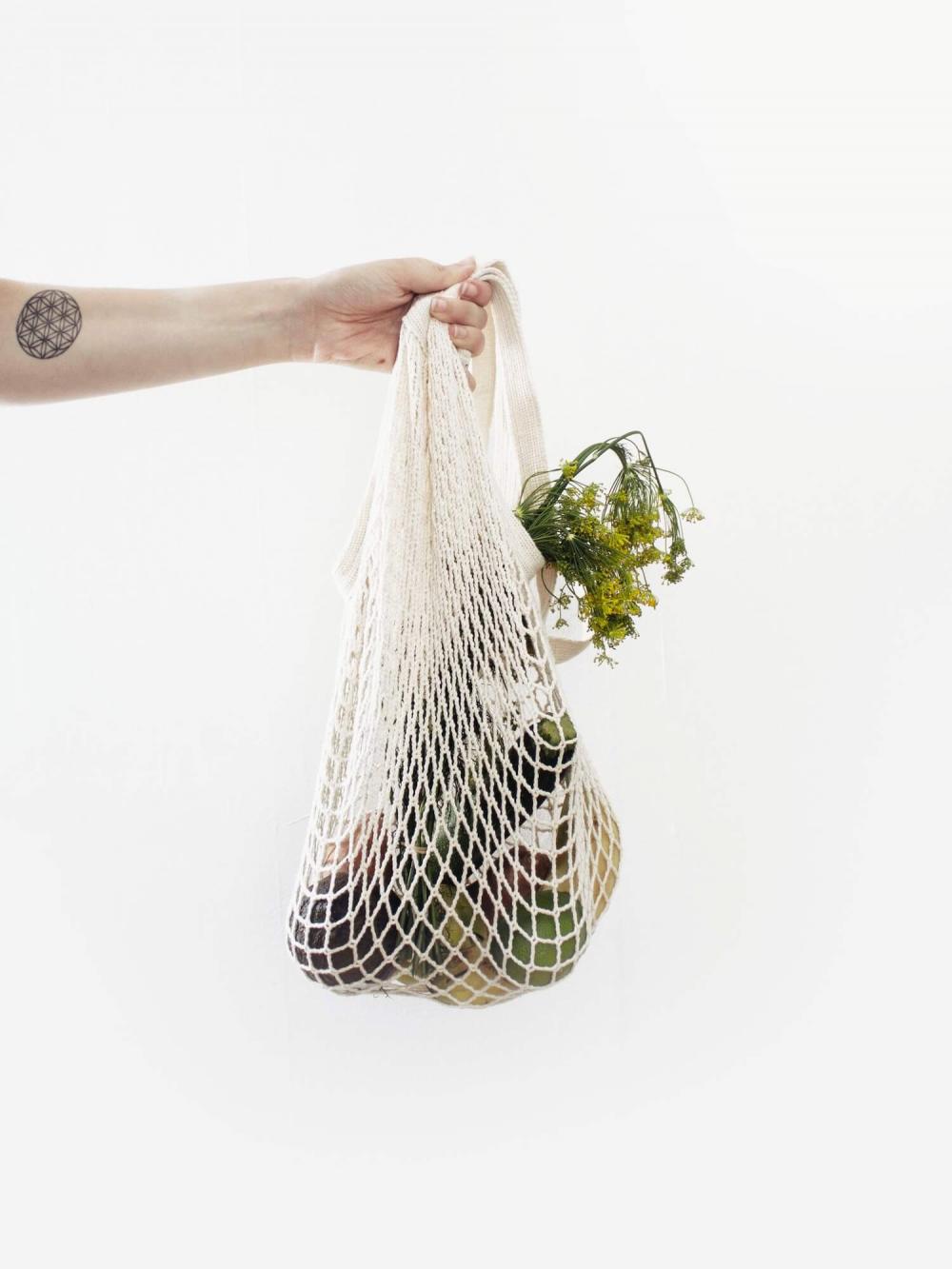
Anyone who believes that apples with light bruises or dark bananas cannot be eaten anymore is wrong. Dark areas can be cut off or simply pureed into a healthy and vitamin-rich smoothie. You can also freeze whatever has turned “dark” - even before it gets bad - and this way, save some food from going bad. The sweetness of the dark banana makes smoothies or homemade banana ice cream (aka "nice cream") particularly delicious.
Shopping List - one’s best friend?
You want to do all the shopping for the upcoming week and fill your fridge as much as possible? A good tip here is to write a shopping list. This will help you avoid choosing foods you wouldn’t normally buy. If you shop with a grocery list, there is less risk of falling for offers that may not be used and later land in the bin.
Last chance - freezing
Anyone who has bought too much and can already foresee that all this food will not be used over the next few days can simply freeze some. Many foods can be easily frozen with a little preparation. It is important to make sure that everything is divided into individual portions for ease of use.
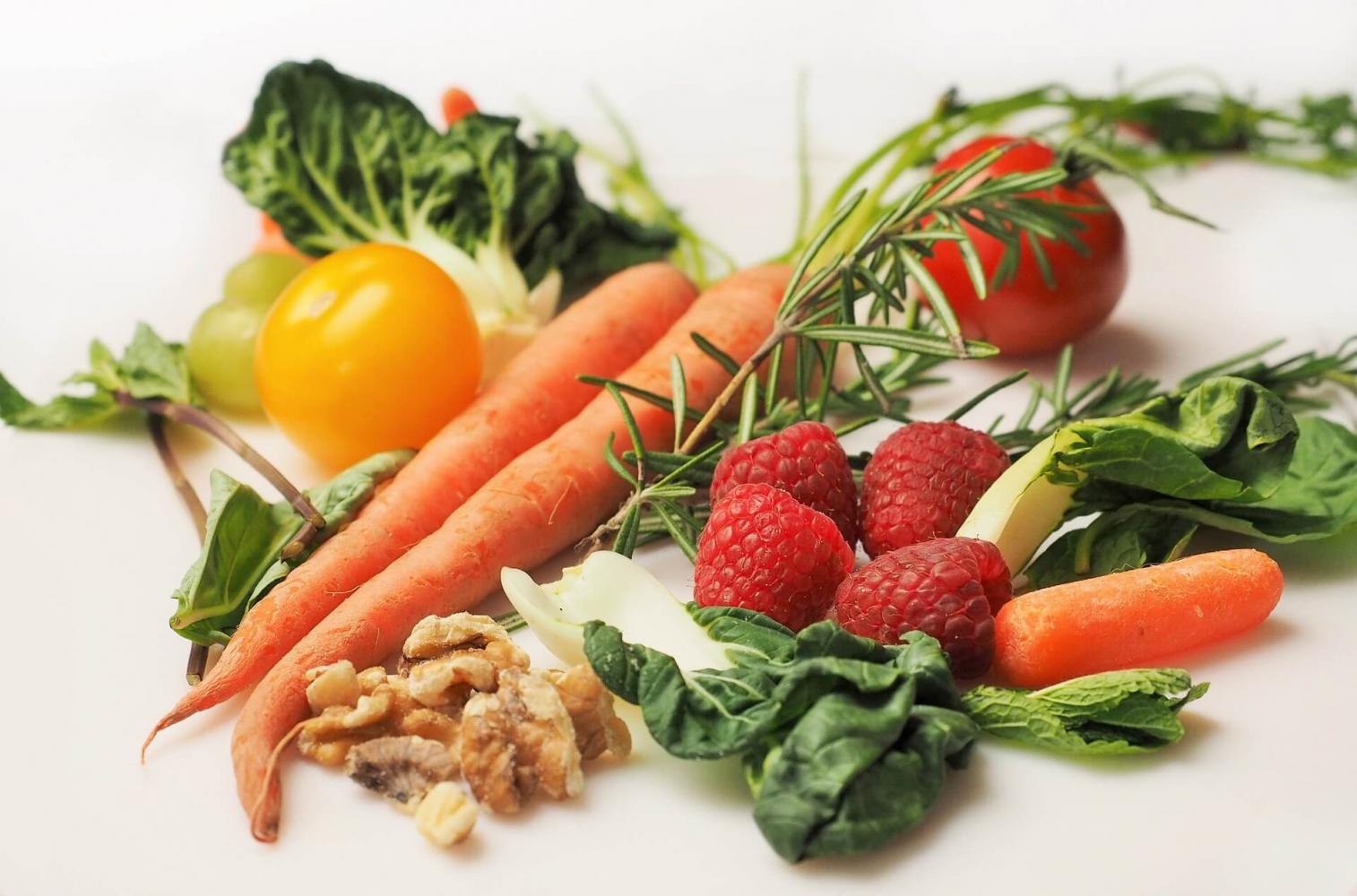
And what about herbs? Many of us have a small herb garden in the kitchen, which gets used regularly. But before chives, mint and other herbs lose their freshness, you can freeze them and take them out as needed.
Reuse instead of throwing away
Not everything the food industry tells us has to be implemented to the letter. Ultimately, common sense decides whether something is still edible or not. When it comes to plant-based food, a certain date is often just a guideline and fortunately is not set in stone.
With our tips mentioned above, not only can we do something good for our environment, but we also can save a bit of money by asking ourselves what we really need to buy when grocery shopping. On that note - bon appetit!

